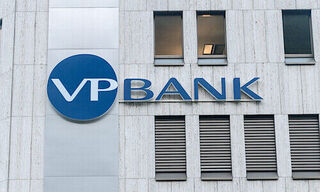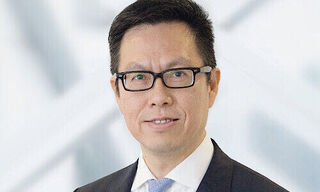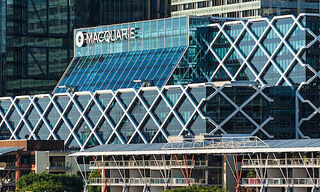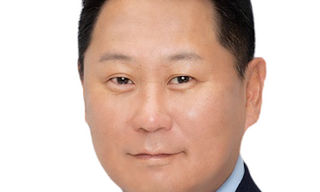The housing market in the territory, along with Toronto and Frankfurt, was assessed to have the most pronounced bubble risk assessments.
From mid-2020 to mid-2021, inflation-adjusted house price growth in Hong Kong accelerated to 6 percent – the highest annual increase since 2014, according to the latest edition of the bank's annual «Global Real Estate Bubble Index,» published Wednesday.
According to the study, which looks at residential property prices in 25 major cities around the world, market imbalances increased across all APAC cities. Hong Kong is the only market in the bubble risk zone, and while housing prices have stagnated for three years, it shows signs of heating up again.
Luxury Demand
«Price growth has accelerated, and sales have even reached the highest level ever recorded, with robust housing demand in the upper price and luxury segment,» UBS said about demand in Hong Kong.
However, it said the government's moves to increase new housing supply over the medium-to-long term could have structural price dampening effects.
A score of >1.5 indicates «bubble risk» – Hong Kong scored 1.9, while Singapore scored 0.52.
More Demand in Singapore
UBS highlighted stronger price growth in Singapore, which has benefited from higher foreign demand.
«The market is in slightly overvalued territory, as prices have started to outpace rents and incomes. But imbalances still look moderate compared with most other cities analyzed in the study,» UBS said.
A «Business Times» report on Thursday, however, noted weakened demand for new private homes, which was down 32.3 percent in September, with analysts citing the lack of major launches.
Short-Lived Boom
«The coronavirus pandemic confined many people within their own four walls, amplifying the importance of living space, and leading to a higher willingness to pay for housing,» Claudio Saputelli, head real estate at UBS global wealth management’s chief investment officer, said.
«At the same time, already favorable financing conditions have improved even more as lending standards for home buyers have been relaxed. Moreover, higher saving rates and booming equity markets have freed up additional housing equity,» he added.


























